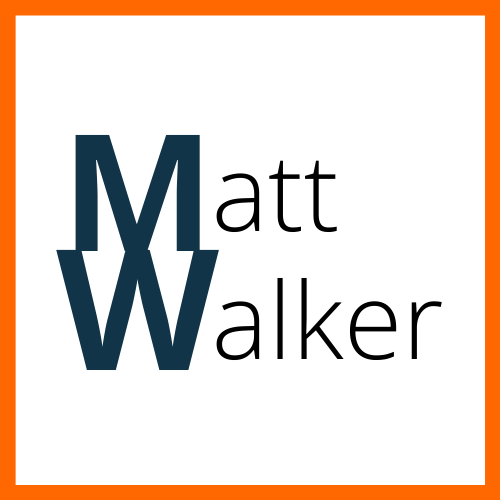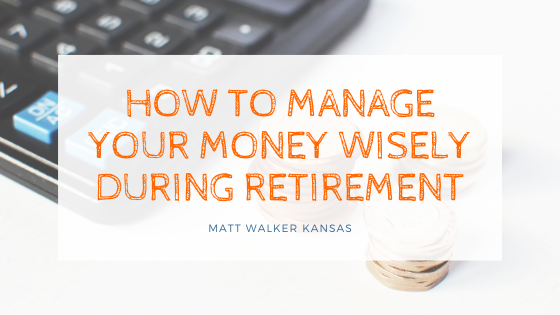Many retirees are seriously concerned about the potential of running out of money. If your retirement plan depends on income from investments, that income may become unstable as market forces change. In addition, you might find that the cost of living is higher than anticipated, or you might be faced with unexpected expenses.
There is no way to completely get rid of the risk associated with retirement planning. But if you set your retirement up properly, you can manage a lot of the risk. Investing correctly will give you more freedom and enjoyment as well.
The first rule of thumb is to minimize the number of fixed expenses that you have. Fixed expenses refer to ongoing bills and other things you can’t do without. They might cover your rent or mortgage, car payments, car maintenance, insurance, debt payments, and food.
One of the best ways to lower your month-to-month expenses is by choosing a house that’s the right size. If your house is too large, you’ll be paying an ungainly mortgage on it.
Another guideline is to maximize the benefits you get from Social Security. This one is tough because it means waiting to collect. You can technically begin collecting payments at age 62, but doing so will cause your checks to be significantly reduced in value for the rest of your life. Meanwhile, if you wait until age 70 to begin collecting, you’ll receive the highest amount of money possible.
If you expect to live for a long time, you have a higher risk of running out of money in retirement. The extra Social Security benefits will make a huge difference to you when you’re 95.
Some guaranteed income is also a nice way to supplement your plan. Guaranteed income streams are set up outside of your Social Security and pensions. An ideal income stream should be able to cover your food, housing, and other necessities on a month-to-month basis. With a fixed income, you don’t have to worry about running out of money.
A financial planner can help you set up a retirement plan that includes a fixed income.
The last key point is to draw up a spending plan for your retirement and stick to it. Budgeting well is key.

